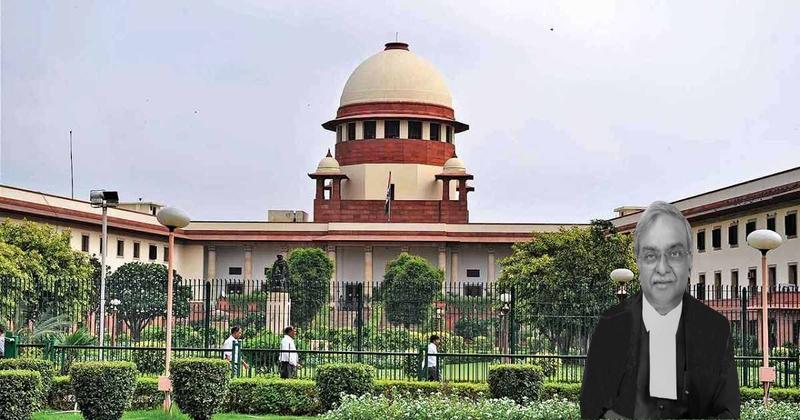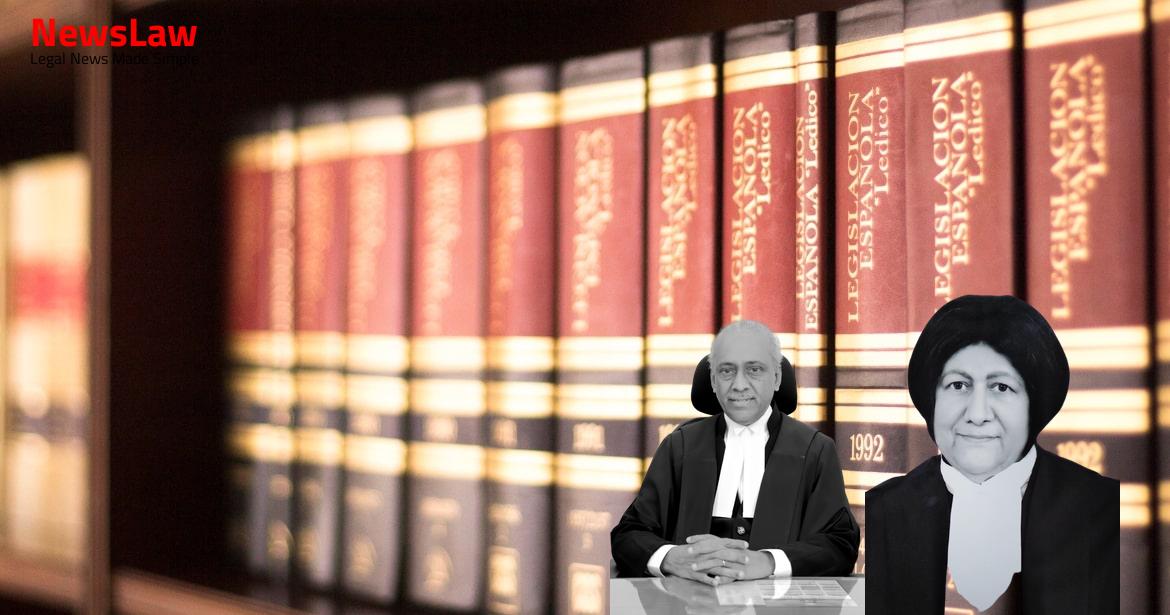The present appeals challenge the judgment and order dated 28 September 2020 passed by the Appellate Tribunal for Electricity (hereinafter referred to as ‘APTEL’), in cross appeals being Appeal
Also Read: https://newslaw.in/case-type/criminal/abuse-of-process-of-law-a-case-of-delayed-fir-filing/
No 116 of 2019, filed by Maharashtra State Electricity Distribution Company Limited (hereinafter referred to as ‘MSEDCL’), the appellant herein, and Appeal No. APML, being aggrieved by the Change in Law on account of the Ministry of Coal bringing into force the New Coal Distribution Policy, 2013 (hereinafter referred to as ‘NCDP, 2013’), which revised the arrangements prescribed under New Coal Distribution Policy, 2007 (hereinafter referred to as ‘NCDP, 2007’) for supply of coal, had filed a petition being Case No 189 of 2013, seeking compensation in Tariff on account of Change in Law under the PPAs before MERC. However, liberty was granted to APML to file a fresh petition to seek extension of Change in Law relief for domestic coal shortfall beyond March, 2017 in view of the introduction of the SHAKTI Policy. Issue No.2:-
Whether the MERC is correct in holding that for the purpose of Change in Law compensation, shortfall in domestic coal shall be limited to a maximum of 25% of ACQ after the introduction of SHAKTI Policy.
Issue No.5:- Whether the Respondent MSEDCL is justified in contesting APML’s entitlement to Carrying Cost.” The APTEL, vide judgment and order dated 28 September 2020, answered the issues as under: “15.1 Issue No.1:- We hold that the introduction of SHAKTI POLICY amounts to change in law and all the ingredients of change in law are: duly met under the respective PPAs. 5 Issue No.5:-
Also Read: https://newslaw.in/case-type/criminal/analysis-of-circumstantial-evidence-conviction-reversed/
We find that allowance of carrying cost is a settled position of law and the State Commission has already allowed the same to the Appellant, APML.” Consequently, the APTEL dismissed the appeal preferred by MSEDCL and allowed the appeal preferred by APML. Shri Jain further submits that both APTEL and MERC have failed to take into consideration that APML had not complied with the condition of serving a mandatory notice to MSEDCL for Change in Law under Article 13.3.2 of the 1320 MW PPA. The said three common issues are thus: (i)
Whether Change in Law relief on account of NCDP 2013 should be on ‘actuals’ viz. The third issue was answered by holding that the Start date for the Change in Law event for the NCDP, 2013 is 1 April 2013.
Issue No 5:-
Whether the Respondent MSEDCL is justified in contesting APML’s entitlement to Carrying cost.” We will first consider the question as to whether the SHAKTI Policy would amount to Change in Law. It will be seen that under Clause 13.1.1 if there is a change in any consent, approval or licence available or obtained for the project, otherwise than for the default of the seller, which results in any change in any cost of the business of selling electricity, then the said seller will be governed under Clause 13.1.1. As already discussed hereinabove, this Court has consistently held that modification to NCDP 2007 by the communication dated 31 July 2013 would amount to Change in Law and the generating companies would be entitled to compensation on account of such Change in Law. ADANI
Also Read: https://newslaw.in/case-type/criminal/quashing-of-proceedings-in-criminal-case-no-542-of-2020/
Power Rajasthan Limited and Another, has also considered the effect of SHAKTI Policy and held that the seller would be entitled to the benefit occurring on account of SHAKTI Policy. The Tariff Policy dated 28 January 2016 issued by the MoP in paragraph 6.1 also specifically notes this position and states that, in case of reduced quantity of domestic coal supplied by CIL vis–vis the assured quantity or quantity indicated in LoA/FSA, the cost of imported/market based e- auction coal procured for making up the shortfall shall be considered for being made a pass-through by the Appropriate Commission. It is contended by the DISCOMS that in the case of Energy Watchdog (supra), this Court has specifically held that the doctrine of force majeure was not applicable if there was an unexpected rise in the price of coal and, as such, it will not absolve the generating companies from performing their part of the contract. Article 13.2 is an in-built restitutionary principle which compensates the party affected by such change in law and which must restore, through monthly tariff payments, the affected party to the same economic position as if such change in law has not occurred.
The contention of the appellant that the SHAKTI Policy brings back the position of NCDP 2007 and assures 100% coal supply, is not factually correct. In the Impugned Order, MERC appears to have expanded the intent of Change in Law notice as a means of intimation to the buyer of power that on account of intended use of alternate coal, the cost of power is likely to increase and then the distribution licensee may decide to not schedule such costly power. In any event in far as preparation of MOD stack is concerned, the normal practice is to prepare MOD on the basis of the energy charge bill of (n-1)th or (n-2)th month is taken into account in the order of precedence.
Central Electricity Regulatory Commission, the CERC had come to a conclusion that there was no provision in the PPA for payment of Carrying Cost for the period from the date of the Change in Law event till the date of approval by the Commission. Accordingly, this decision of allowing Carrying Cost will not be applicable to the Gujarat Bid- 01 PPA.” The same came to be challenged before this Court in the case of Uttar Haryana Bijli Vitran Nigam Limited (UHBVNL) and another v. Union of India has held that the Courts should be slow in interfering with the decisions taken by the experts in the field and unless it is found that the expert bodies have failed to take into consideration the mandatory statutory provisions or the decisions taken are based on extraneous considerations or they are ex facie arbitrary and illegal, it will not be appropriate for this Court to substitute its views with that of the expert bodies.”
Case Title: MAHARASHTRA STATE ELECTRICITY DISTRIBUTION COMPANY LIMITED Vs. ADANI POWER MAHARASHTRA LIMITED (2023 INSC 400)
Case Number: C.A. No.-000677-000678 / 2021



